Our History
More than 60 years of innovating aquaculture

In the late 1950’s, the first European fish farmers experienced the benefits of switching from home-made wet feed to manufactured dry feed imported from the United States. Farmers experienced that their fish thrived, had a better growth compared to the wet feeds which caused a high degree of water pollution in the ponds and damaged fish welfare.

1962
A group of Danish trout farmers established BioMar under the name Dansk Ørredfoder A/S. The company is among the first in Europe to start production of pelletised dry feed. Compared to the commonly used wet feed this new type of feed is less polluting, better performing and much easier to handle.
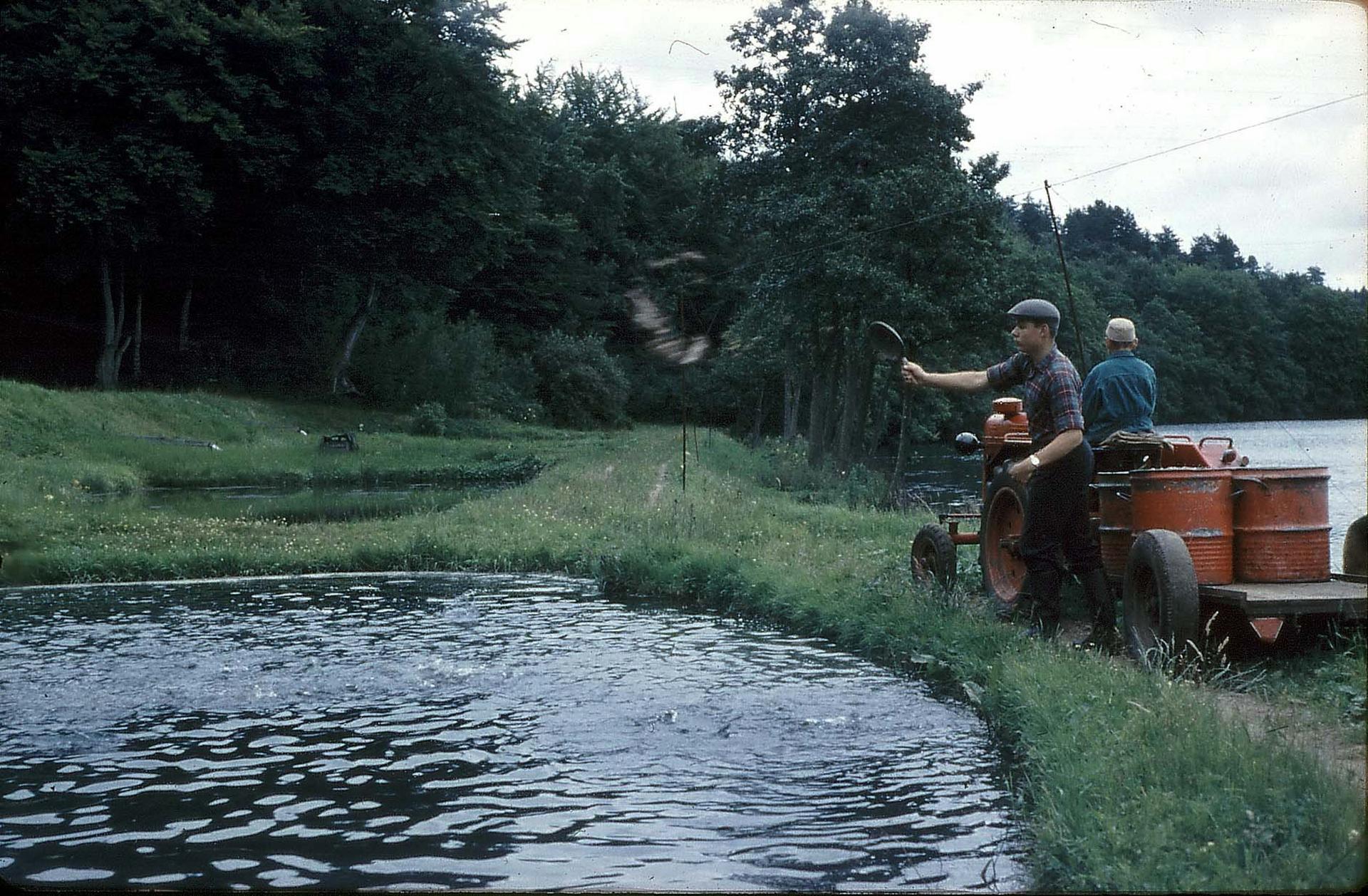
1970
The Danish fish farming sector consolidates and the interest for applying dry feeds increases. The company mainly serves local fish farms although it receives orders from surrounding countries, with subsequent sporadic exports.

1980
BioMar pioneers the introduction of extruded fish feed that allows for a significant reduction of the impact from aquaculture on the local water environment.
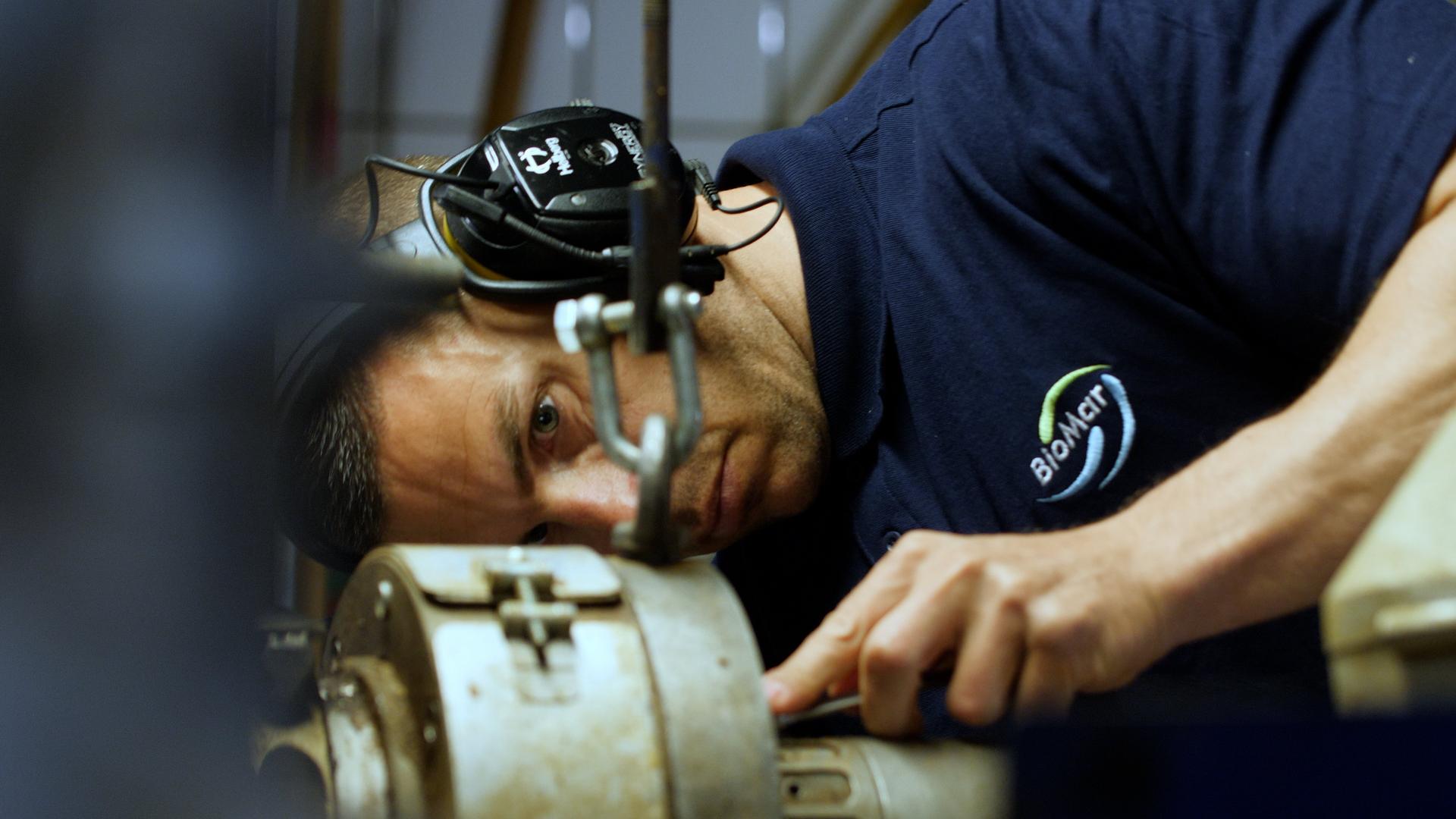
1987
The company launches ECOLINE, the first environmentally declared fish feed in the world. For the aquaculture industry, ECOLINE feeds were an important and inspirational step towards a conscious and documented protection of the environment.
The benefits of the ECOLINE feed range were recognised in 1988, when it received the "Danish Better Environment" Award for its ability to enhance the environment and to inspire others to go in the same direction.
1988
Dansk Ørredfoder (BioMar) is taken over by Aktieselskabet Korn-og Foderstof Kompagniet (KFK), which is a subsidiary of the Norwegian Group Norsk Hydro. This marks the start of international expansion of the company, both in terms of exports, and through acquisitions in Europe.
?w=1920&%24withDefaultImage%24=&fmt=auto)
1994
Dansk Ørredfoder A/S takes over fish feed producers Aqualim S.A. in France and BioMar AS in Norway. The three companies merge under the name of BioMar A/S.
-01?w=1920&%24withDefaultImage%24=&fmt=auto)
1995
The expansion continues with the establishment of a production factory in Grangemouth, Scotland.

1996
BioMar establishes production in Karmøy, Norway.

The LetSea feed trial unit located in Northern Norway and partly owned by BioMar, starts its operations and has since developed to become an important contributor to the research on Atlantic salmon, cod, and trout.
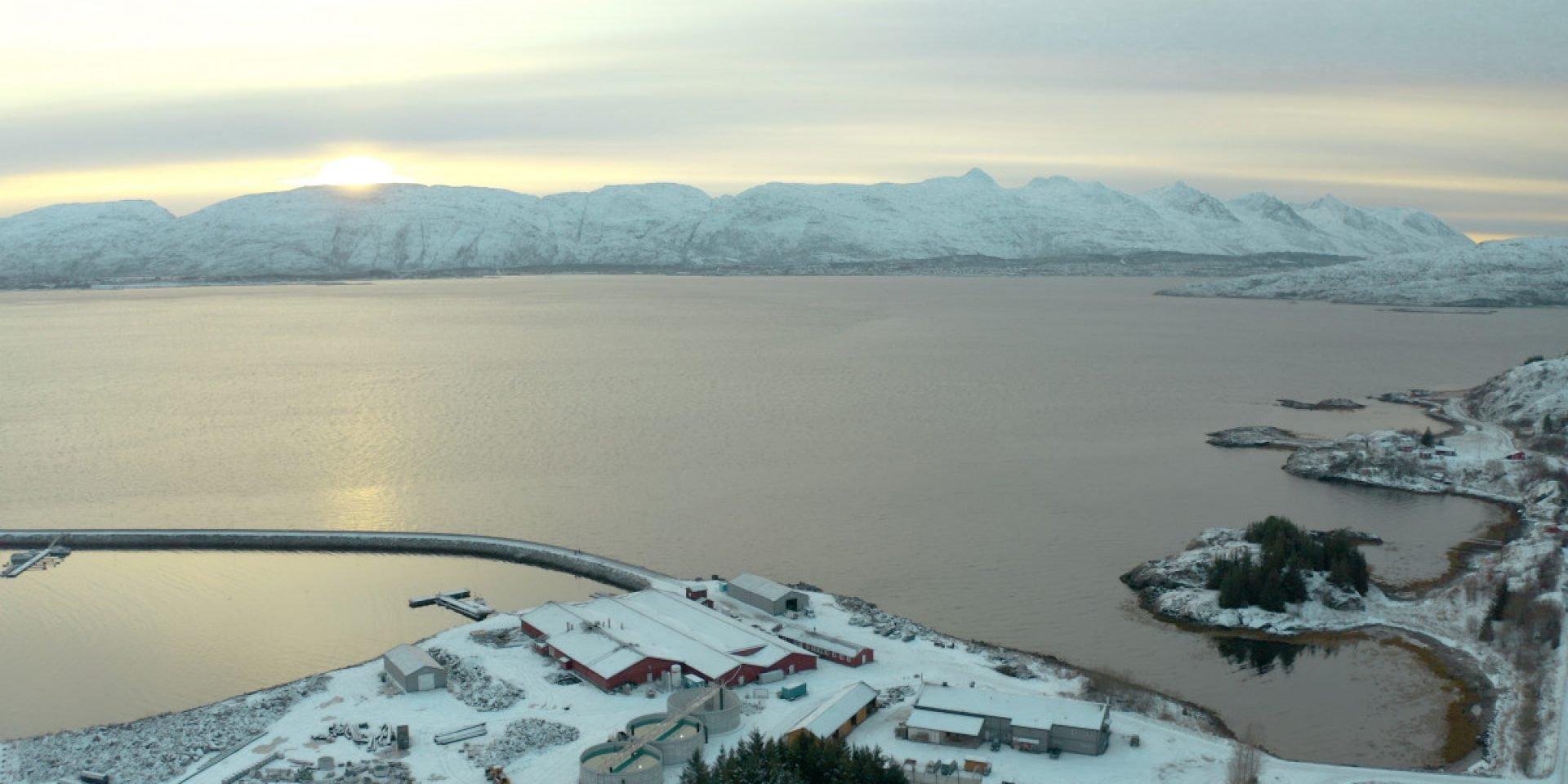
LetSea feed trial unit
BioMar establishes sustainability as one of the main goals in feed development, in order to minimise adverse ecological consequences of current and future aquaculture activity and expansion.

2000
BioMar acquires 50% of two fish feed factories in Chile, achieving full ownership in 2002.

Inauguration of BioMar Aquaculture Technology Centre in Hirtshals, Denmark.

2001
The expansion continues with the establishment of production in Greece.

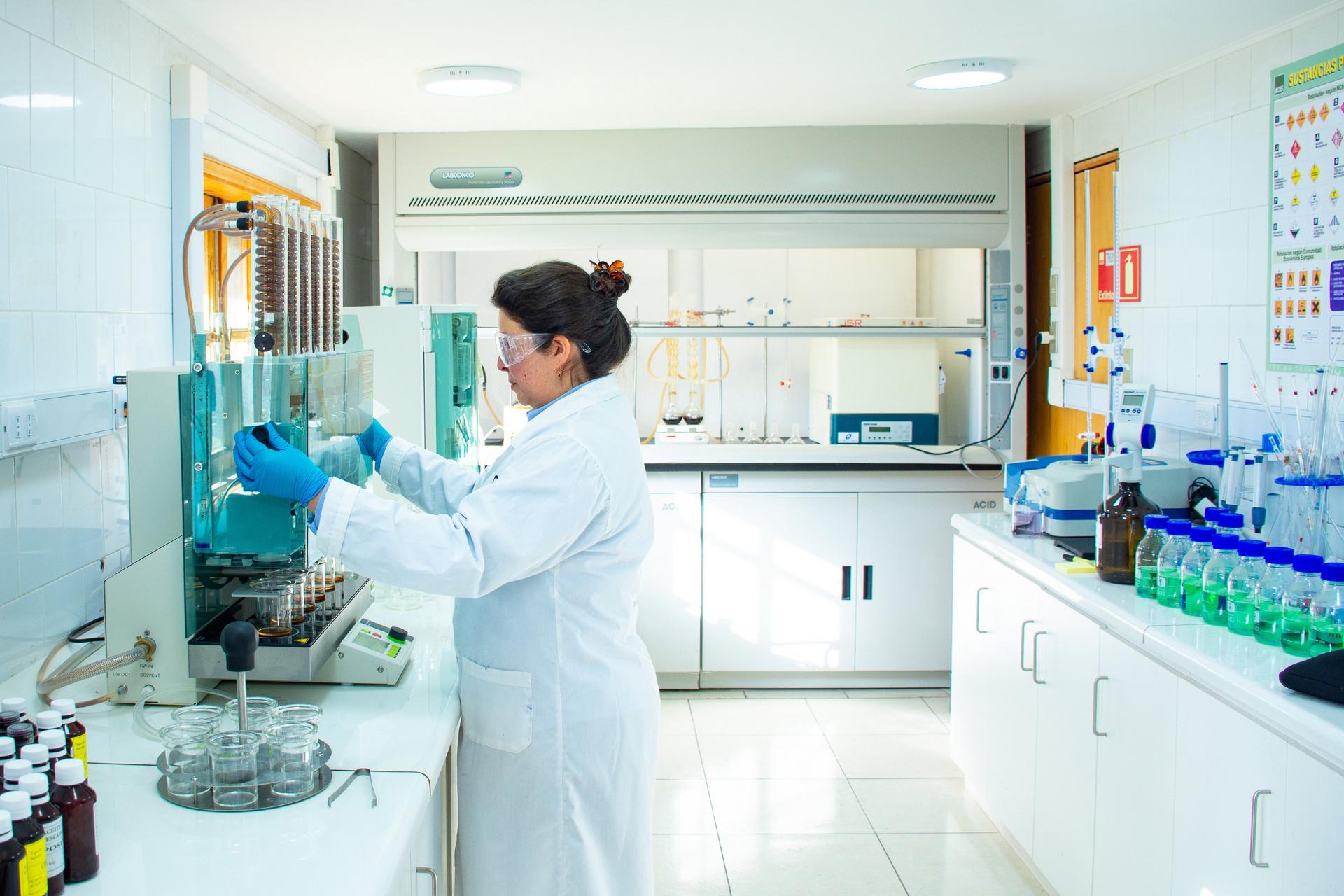
BioMar pioneered the development of modern Sole feeds in an extensive research program that lasted 7 years. Through research and continuous cooperation with farmers, BioMar developed specific diets for farming this highly valued species.
2003
Launch of BioMar’s hatchery feed range LARVIVA.

2005
Schouw & Co acquires the majority of BioMar shares, with full ownership in 2008.
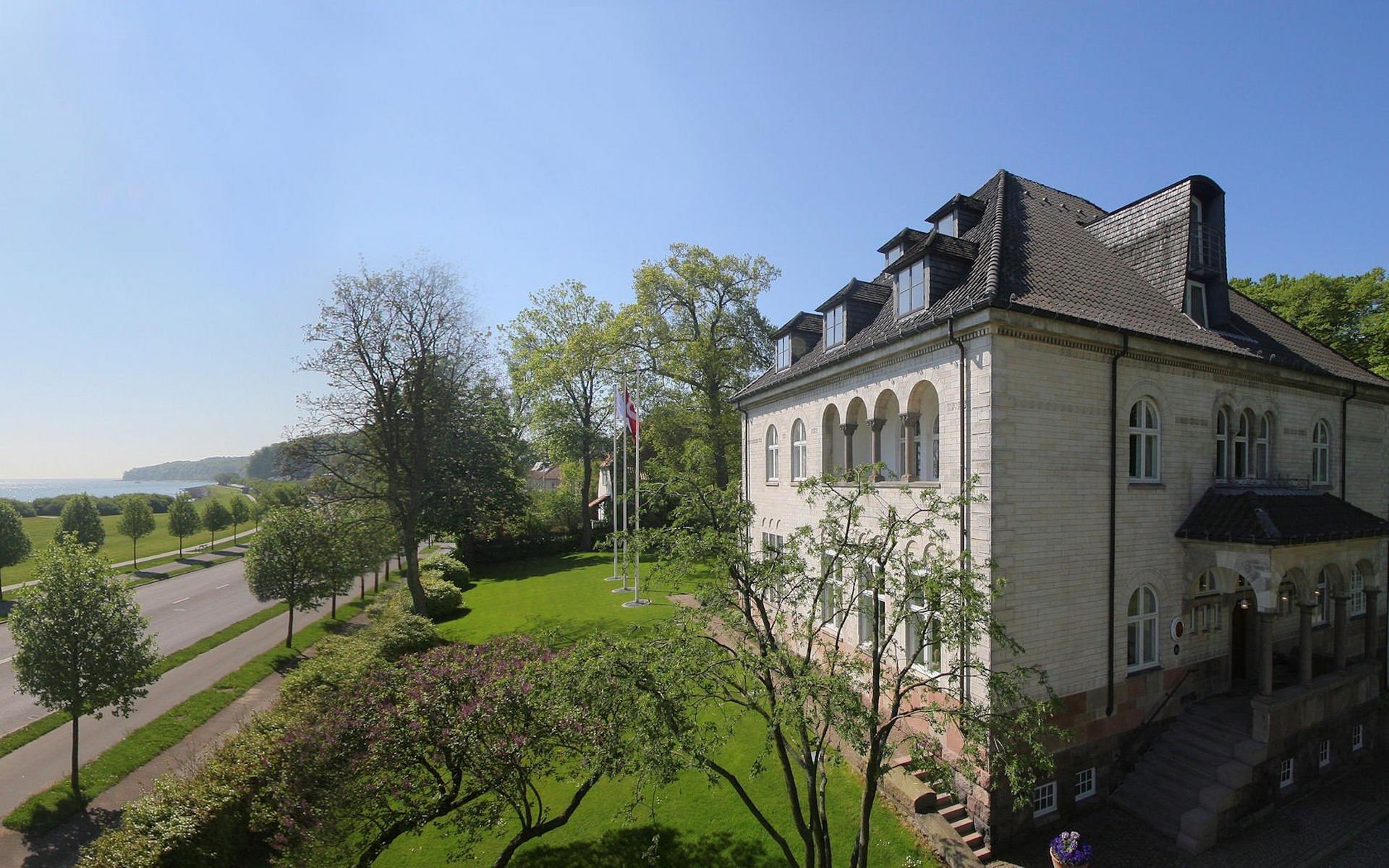
Ecolife Pearl becomes the world's first certified feed for organic fish farming.

2007
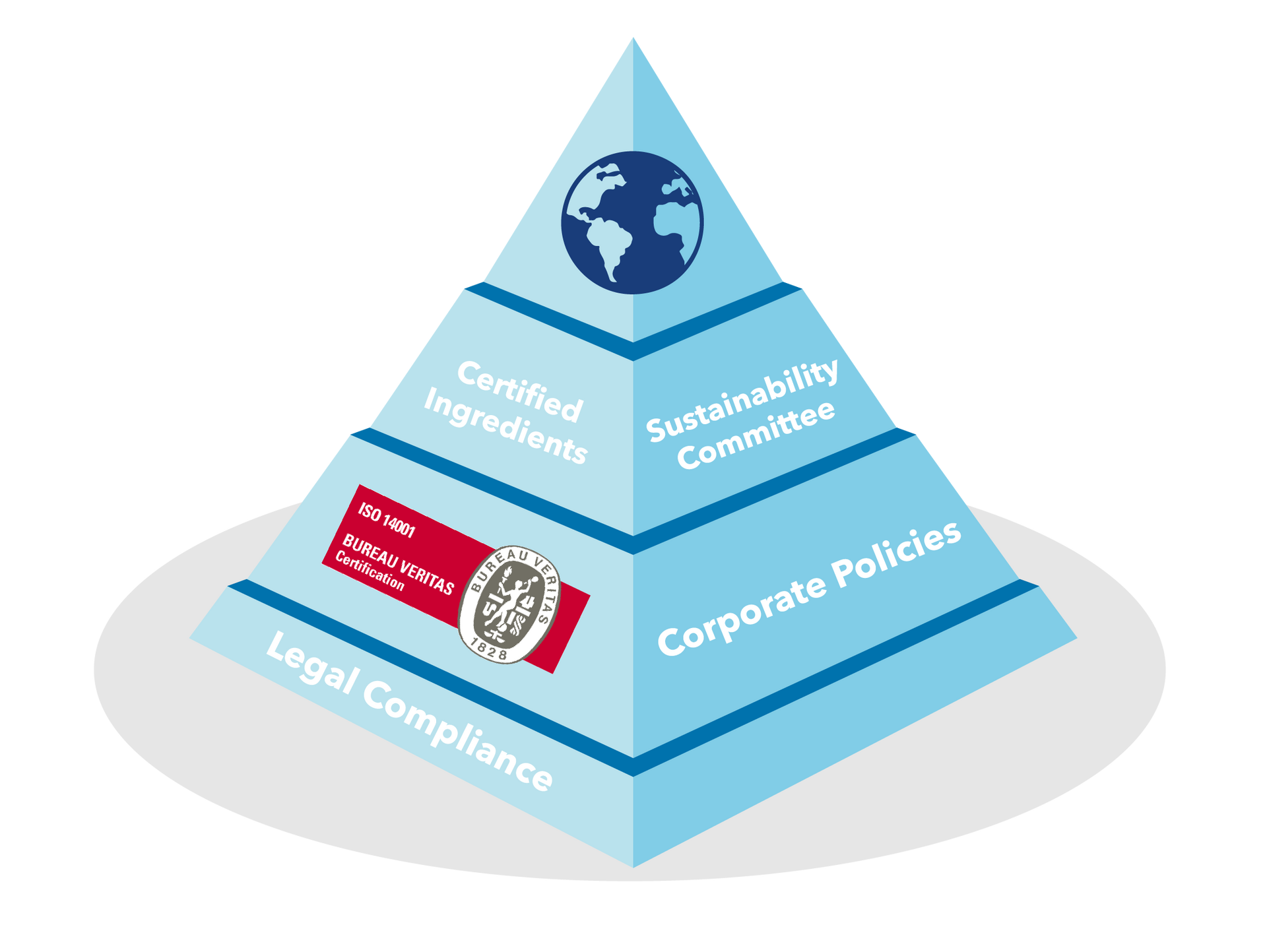
The BioSustain Pyramid
BioMar unveils BioSustain, the development programme for increased sustainability. The programme is launched, aiming for optimisation of sustainability efforts by measuring and evaluating the sustainability of raw materials and processes.
2008
BioMar acquires Provimi Aqua, including factories in Chile, Spain, and Denmark. With these acquisitions, the company becomes one of the leading suppliers of aquaculture feed in the world.

